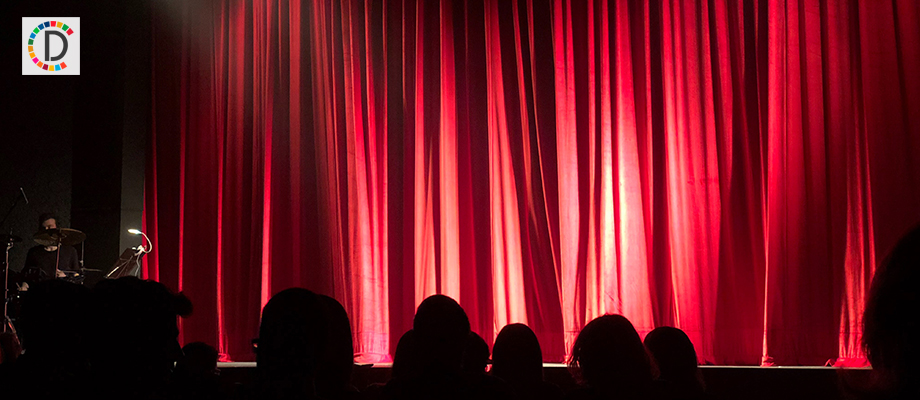Hotel Cocaine: Revisiting Miami’s Drug-Fueled 70s Nightlife
Hotel Cocaine, a new mini-series by Narcos co-creator Chris Brancato, explores the glamorous yet perilous world of Miami's Mutiny Club in 1978. Centered on Cuban exile Roman Compte, the show delves into his entanglement with politicians, celebrities, and drug traffickers. It's a mix of fact and fiction that uncovers timeless themes of drug abuse and political divides.

"Narcos" co-creator Chris Brancato takes viewers back to the thumping dance floor of the once-famous Mutiny Club in "Hotel Cocaine", a new drug-crime mini-series set in 1978 Miami.
"Hotel Cocaine", which premieres on MGM+ on Sunday, follows Cuban exile Roman Compte, general manager of the glamorous Mutiny Hotel and nightclub, as he pursues his American dream. The Mutiny is frequented by politicians, celebrities, undercover agents and drug traffickers. But when a Drug Enforcement Administration (DEA) agent tasks him to go undercover and reconnect with his estranged brother and Miami's biggest drug dealer, Nestor Cabal (Yul Vazquez), Compte (Danny Pino) quickly becomes embroiled in a dangerous world.
The fictionalised show is based on the real-life hotel and former club. It is partly inspired by its manager Roman Compte, whose son is "Narcos" actor, Maurice Compte. In an interview with Reuters, Brancato spoke about making "Hotel Cocaine" and the continued appeal of drug-crime shows.
Below are excerpts edited for length and clarity. Q: What is truth and fiction in "Hotel Cocaine"?
Brancato: "The part that's fiction is that Roman Compte did not have an older brother who was Miami's biggest drug dealer and was not tasked by the DEA with catching said fictional older brother. But the whole backdrop of the show ... the setting ... is all real." Q: What themes do you address?
Brancato: "We're living in a time right now in America of right-left political divide, of problems with drug abuse and the expansion of drug sales ... This was something that was happening in the '70s as well. So we get a chance to ... touch upon contemporary themes, while at the same time creating entertainment. The show is meant to be entertaining, sunny, bright and fun. That's one reason we shot it in the Dominican Republic, because the Dominican Republic looks more like Miami of the '70s than Miami itself does now." Q: How did you recreate the hotel and club?
Brancato: "In terms of finding the hotel ... with its beaches, with its outer decking, with its lobby, we found that on Google Earth. The line producer was searching for a particular spot and he couldn't find it and then he happened upon this hotel ... We came in and we dressed it ... Inside the club itself, that was built on our stages." Q: Why do you think drug shows are so popular?
Brancato: "The stakes are ... very high ... and most of us, 99.9% of us on this Earth, would never risk our lives and our freedom to traffic in illegal drugs. But it happens and some people do. And so it's fun to watch the risk-takers, and it's also fun to watch the people who are trying to put them in jail. So for me, there's an essential conflict at the heart of the drug trade and I like to examine it from different angles."
(This story has not been edited by Devdiscourse staff and is auto-generated from a syndicated feed.)










